


The study also assessed the risks of consuming cocoa and cassava grown in Linhares, a municipality in an area affected by the Fundão dam collapse in Minas Gerais, Brazil, ten years ago.

Water accumulated in the tanks of these plants living high up in trees has much higher concentrations of nitrogen, phosphorus, calcium, potassium, magnesium, sulfur, and iron than rainwater. Plants irrigated with this nutrient-rich water produced almost twice as many leaves.

Water accumulated in the tanks of these plants living high up in trees has much higher concentrations of nitrogen, phosphorus, calcium, potassium, magnesium, sulfur, and iron than rainwater. Plants irrigated with this nutrient-rich water produced almost twice as many leaves.

A comprehensive analysis conducted in 2019 detected the accumulation of 13 heavy metals and other toxic substances, advising against consumption due to risks to human health.

A comprehensive analysis conducted in 2019 detected the accumulation of 13 heavy metals and other toxic substances, advising against consumption due to risks to human health.
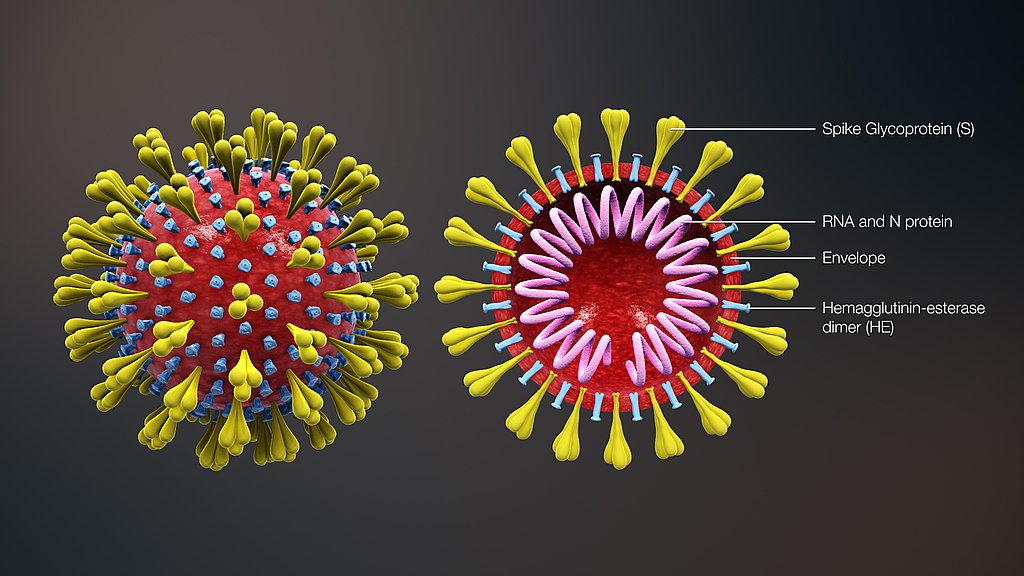
A study by the Federal University of São Paulo describes how SARS-CoV-2 interacts with the RNA of infected lung cells in an unprecedented way. The results may guide the search for new treatments and vaccines.

A study by the Federal University of São Paulo describes how SARS-CoV-2 interacts with the RNA of infected lung cells in an unprecedented way. The results may guide the search for new treatments and vaccines.

A study of nearly 900 adults indicates that although smoking is still the main risk factor for lung function loss, systemic inflammation and obesity also increase the risk of developing chronic obstructive pulmonary disease.

A study of nearly 900 adults indicates that although smoking is still the main risk factor for lung function loss, systemic inflammation and obesity also increase the risk of developing chronic obstructive pulmonary disease.
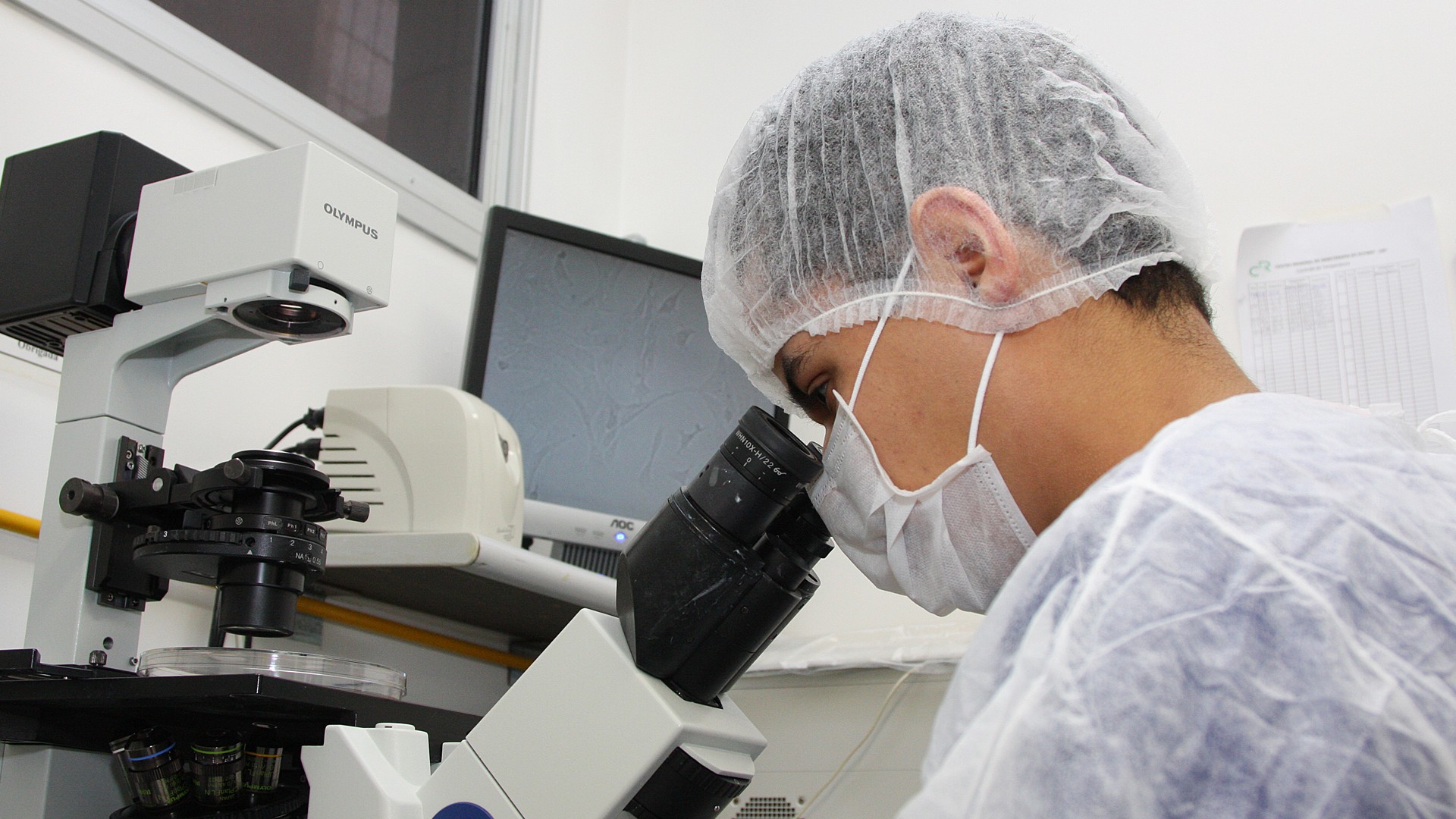
After analyzing over 1,400 cases of squamous cell carcinoma of the head and neck, the study found that more aggressive histopathological variants occur at a rate of 4.6%. Previous estimates pointed to a rate of up to 15%.

After analyzing over 1,400 cases of squamous cell carcinoma of the head and neck, the study found that more aggressive histopathological variants occur at a rate of 4.6%. Previous estimates pointed to a rate of up to 15%.

FAPESP-supported startup develops unprecedented technology to democratize digestive system exams with a simple, fast, and accessible procedure.

FAPESP-supported startup develops unprecedented technology to democratize digestive system exams with a simple, fast, and accessible procedure.

According to a study by a FAPESP-supported research center, which includes federal funds, towns and villages benefit the most in per capita terms.
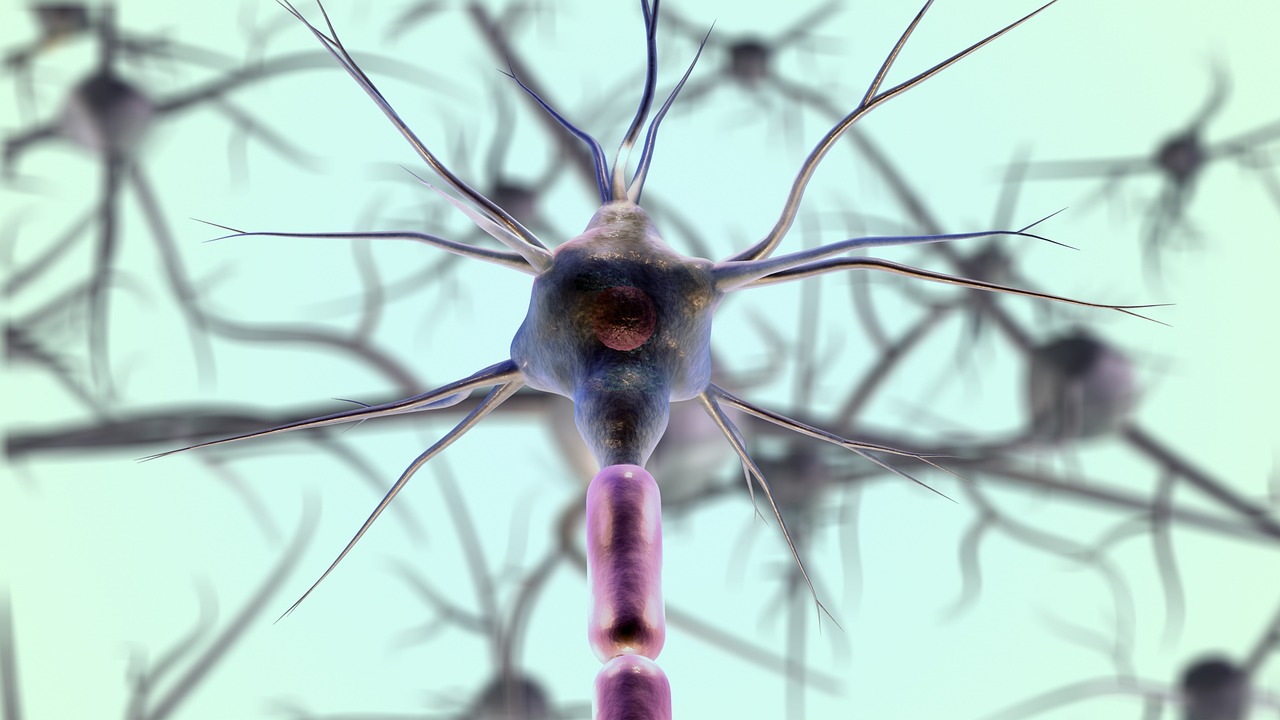
A study conducted at São Paulo State University indicates that the non-invasive technique provides lasting benefits by reducing the risk of falls.

A study conducted at São Paulo State University indicates that the non-invasive technique provides lasting benefits by reducing the risk of falls.

A study of more than 5,000 people over 12 years showed that simple measures to assess the two conditions can facilitate the diagnosis of sarcopenic obesity without complex tests, such as MRI and CT scans. This finding expands access to treatment for older adults.

A study of more than 5,000 people over 12 years showed that simple measures to assess the two conditions can facilitate the diagnosis of sarcopenic obesity without complex tests, such as MRI and CT scans. This finding expands access to treatment for older adults.

Alternanthera littoralis, also known as Joseph’s Coat, is native to the Brazilian coast and has traditionally been used to combat microbial infections and parasitic diseases.

Alternanthera littoralis, also known as Joseph’s Coat, is native to the Brazilian coast and has traditionally been used to combat microbial infections and parasitic diseases.
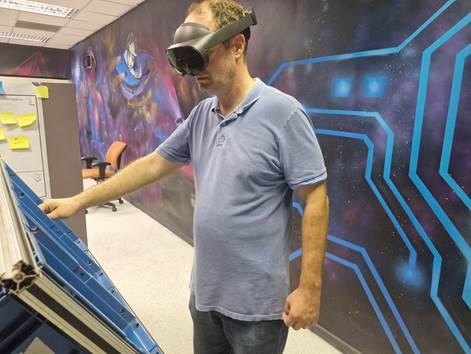
A startup supported by the Centelha program has developed a solution that combines cutting-edge technology with ease of use, transforming production lines without the need for expensive automation.

A startup supported by the Centelha program has developed a solution that combines cutting-edge technology with ease of use, transforming production lines without the need for expensive automation.
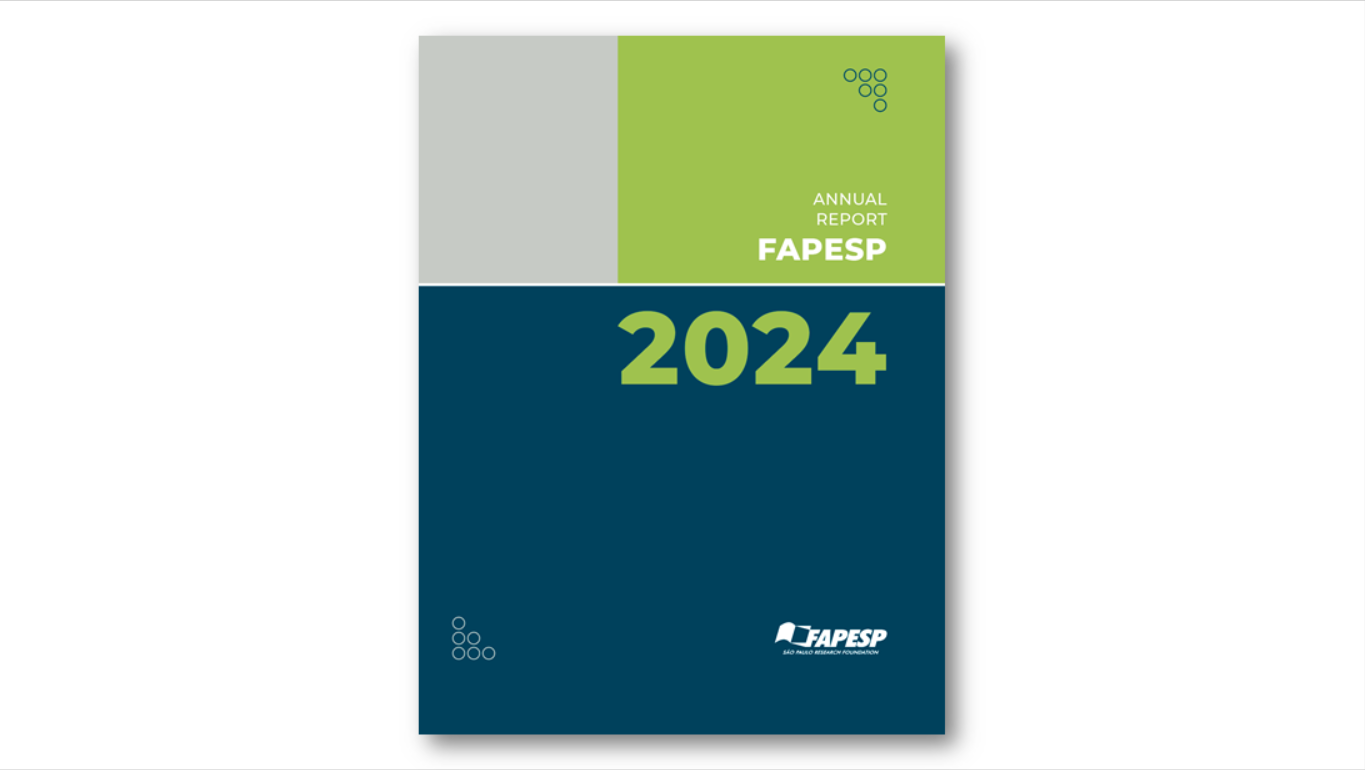
The FAPESP Annual Report records over 27,000 supported projects, an 18% increase over the previous period and a record in the historical series.

The FAPESP Annual Report records over 27,000 supported projects, an 18% increase over the previous period and a record in the historical series.
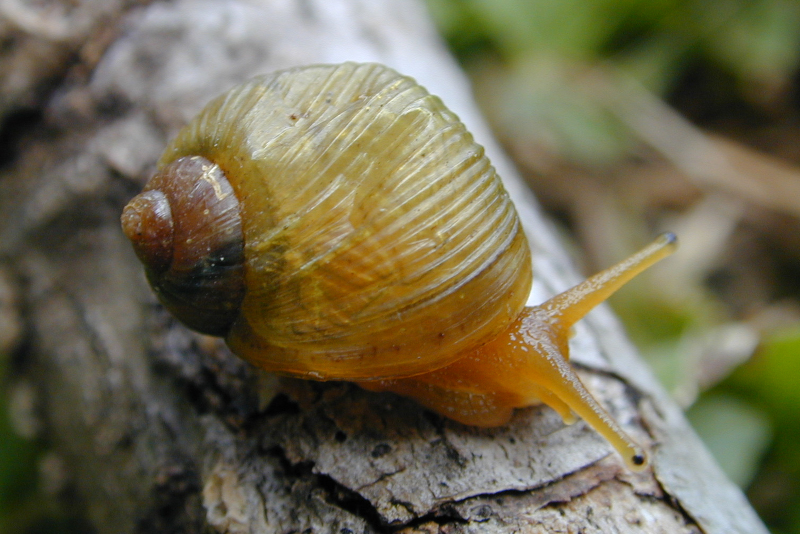
A study analyzing discoveries made over the last 20 years found that nearly half of all snails and slugs were described by researchers who did not work in the countries where they were found.